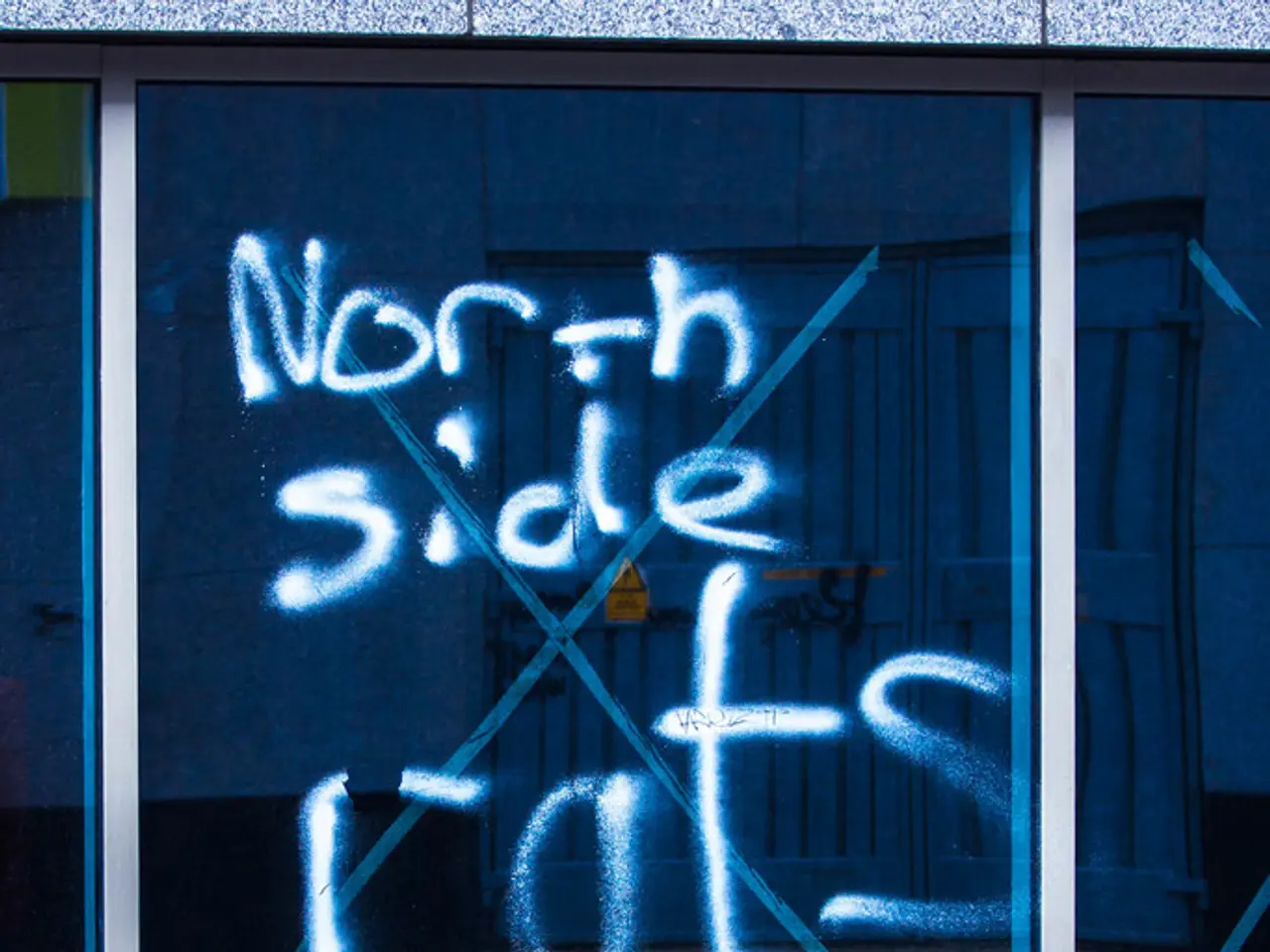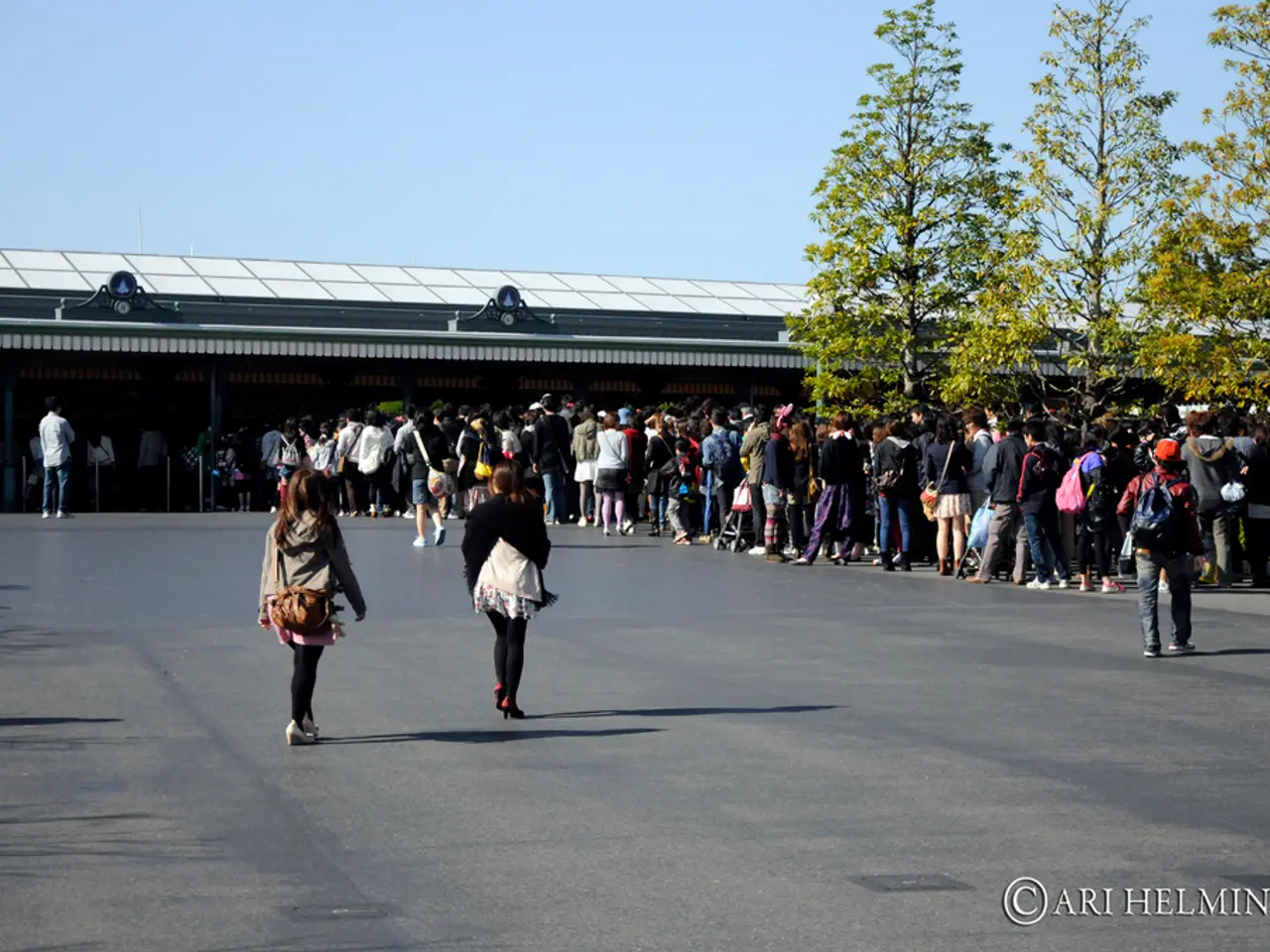Poland prolongs border restrictions until 4th of October
Poland has announced an extension of its temporary border controls with Germany and Lithuania until October 4, as concerns over irregular migration continue to rise within the European Union.
The decision to extend the controls was made during a meeting with representatives of regional authorities on illegal migration, and follows a broader context of reintroduced border checks within the Schengen Area. Countries like Germany, Poland, Austria, and the Netherlands have temporarily reinstated checks due to rising irregular migration and security concerns.
Since the border controls were reinstated on July 7, over 100 individuals attempting irregular entry into Germany via Poland have been stopped or denied entry, with more than 70 refusals at the German border. Poland has also returned six migrants to Germany, while accepting 72 people returned from Germany.
The Interior Minister, Marcin Kierwiński, highlighted that Poland’s border barrier achieved a "98% tightness," effectively blocking irregular migration routes through Belarus and Russia. This has caused illegal migration and state services from Belarus and Russia to redirect migrants to other EU sections, notably Lithuania, Latvia, and Germany.
The extension of border controls is a response to redirected irregular migration flows escaping tightened eastern borders, with Poland and EU partners aiming to close alternative routes toward Western Europe, especially Germany, to manage and curb illegal migration more effectively. The affected neighboring EU countries have been informed about the border control extension.
The ministry has submitted the relevant EU Commission notification for the border control extension. Poland's European partners understand Poland's position on the border control extension, with a spokesperson for the German Federal Ministry of the Interior referring to earlier statements by Federal Interior Minister Alexander Dobrindt, who welcomed the Polish controls as an important step in the joint effort against illegal migration.
The extension of border controls also applies to the Polish-Lithuanian border, where between July 7 and July 30, 243,683 people and 110,212 vehicles were checked. Entry to Poland was refused to 105 people during the same period.
In September, Poland will decide on the next steps based on data from border guards, military, and police. Germany has been conducting random checks at the Polish border since October 2023, and it remains to be seen whether the extension of border controls will be further extended beyond October 4.
[1] Reuters (2023). Poland extends border controls with Germany until October 4. [online] Available at: https://www.reuters.com/world/europe/poland-extends-border-controls-germany-october-4-2023-08-19/
[2] The Guardian (2023). Poland to extend border controls with Germany until October 4. [online] Available at: https://www.theguardian.com/world/2023/aug/19/poland-to-extend-border-controls-with-germany-until-october-4
[3] BBC News (2023). Poland extends border controls with Germany until October 4. [online] Available at: https://www.bbc.co.uk/news/world-europe-65109425
[4] Deutsche Welle (2023). Poland extends border controls with Germany until October 4. [online] Available at: https://www.dw.com/en/poland-extends-border-controls-with-germany-until-october-4/a-60965025
- The decision to extend Poland's border controls with Germany until October 4, despite opposition from some EU members, is largely driven by concerns over the rise in irregular migration within the European Union, particularly along the migration route through Belarus and Russia.
- The extension of border controls with Germany, initially implemented on July 7, follows a broader political context within the Schengen Area, as several countries including Poland, Germany, Austria, and the Netherlands reintroduce checks in response to increased irregular migration and security concerns.




